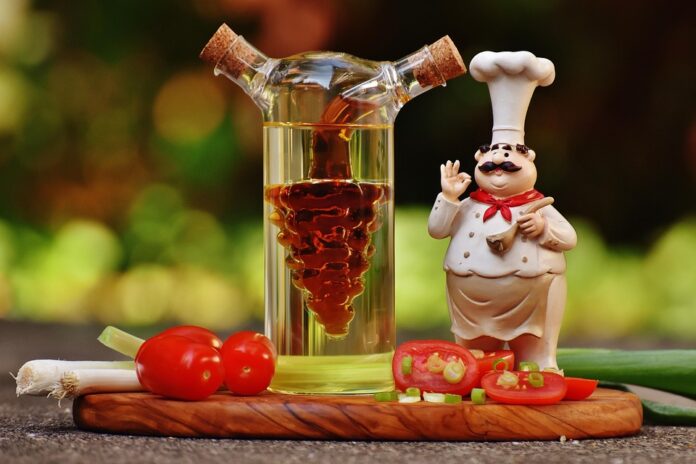The Most Expensive and Premium Vinegars on the Market
Introduction
Vinegar is a versatile ingredient that has been used for centuries in cooking, cleaning, and even as a health remedy. While there are many affordable options available, there are also premium vinegars that come with a hefty price tag. In this report, we will explore some of the most expensive and premium vinegars on the market, including their origins, production processes, and why they command such high prices.
Types of Expensive Vinegars
There are several types of vinegar that are considered premium and come with a high price point. Some of the most expensive vinegars include balsamic vinegar, aged sherry vinegar, and fruit-infused vinegars like raspberry or fig vinegar. These vinegars are often made using traditional methods and aged for several years to develop complex flavors.
Balsamic Vinegar
Balsamic vinegar is one of the most well-known premium vinegars on the market. It originates from Modena, Italy, where it is made from the concentrated juice of white Trebbiano grapes. The vinegar is aged in wooden barrels for a minimum of 12 years, with some varieties being aged for up to 25 years. This lengthy aging process gives balsamic vinegar its rich, sweet flavor and thick, syrupy consistency. Some of the most expensive balsamic vinegars can cost hundreds of dollars for a small bottle.
Aged Sherry Vinegar
Aged sherry vinegar is another premium vinegar that commands a high price. This vinegar is made in Spain’s Jerez region from sherry wine that has been aged in oak barrels. The vinegar is then aged for several years in wooden casks to develop its unique flavor profile. Aged sherry vinegar has a complex, nutty taste with a hint of sweetness and is often used in gourmet cooking and salad dressings. Due to its labor-intensive production process and limited supply, aged sherry vinegar can be quite expensive.
Fruit-Infused Vinegars
Fruit-infused vinegars, such as raspberry or fig vinegar, are also considered premium options in the vinegar market. These vinegars are made by infusing fruit juices or purees with vinegar and allowing them to steep for several weeks to develop a fruity flavor. Fruit-infused vinegars are often used in salads, marinades, and desserts to add a unique twist to dishes. Due to the high quality of ingredients used and the time-consuming infusion process, fruit-infused vinegars can be more expensive than traditional vinegars.
Factors Influencing Price
Several factors contribute to the high prices of premium vinegars. The production process for these vinegars is often labor-intensive and time-consuming, requiring careful monitoring and aging to develop the desired flavors. Additionally, premium vinegars are often made using high-quality ingredients, such as aged wines or fruits, which can drive up production costs. Limited production quantities and high demand for premium vinegars also contribute to their high prices, as they are often considered luxury items by consumers.
Market Trends and Outlook
The market for premium vinegars continues to grow as consumers become more interested in gourmet and artisanal food products. Companies are responding to this demand by expanding their product lines to include high-end vinegars with unique flavors and packaging. Despite the high prices of premium vinegars, consumers are willing to pay for quality and authenticity in their ingredients. As the market for premium vinegars expands, we can expect to see more innovative products and flavors hitting the shelves in the coming years.
In conclusion, premium vinegars offer a unique and flavorful addition to any dish, but they come with a price tag to match. From balsamic vinegar to aged sherry vinegar, these premium options are made with care and attention to detail, resulting in complex flavors and high prices. As the market for premium vinegars continues to grow, consumers can expect to see more options available, each offering a unique taste experience for those willing to splurge on quality ingredients.




